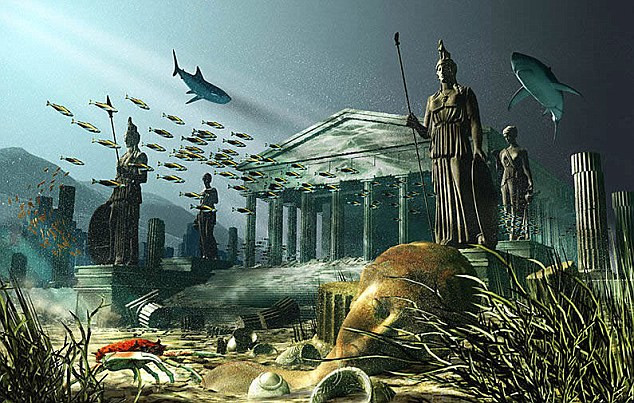From Atlantis to fake news: People question pseudoscience if they're taught critical thinking
A semester of myth-busting classes made believers start to question their beliefs.

Teaching critical thinking classes to university students weakened their superstitious beliefs, finds a psychological study.
A total of 117 students – who attended North Carolina State University and many of whom already had a degree – were split up into groups and taught either a research methods course or a course on historical frauds. The study is published in the journal Science and Education.
At the start of the semester they rated how strongly they believed in several pseudoscientific claims, from 1 (don't believe at all) to 7 (strongly believe).
On the historical frauds course, 58 students learned the basics of critical thinking, such as how to spot a logical fallacy. They discussed superstitious beliefs such as the lost city of Atlantis. On the research methods course, 59 students learned statistics and study design and didn't touch on historical frauds or superstitious beliefs.
At the end of the semester, the students on the historical frauds course scored an average of 1 point less for superstitious beliefs that had been covered in the course. For beliefs that hadn't been directly covered in the course – such as that 9/11 was an "inside job" – their scores also dropped but only by an average of 0.5 points.
"The change we see in these students is important, because beliefs are notoriously hard to change," said study author Anne McLaughlin of North Carolina State University in a statement.
"Seeing students apply critical thinking skills to areas not covered in class is particularly significant and heartening."
The research at North Carolina State University was sparked by the rising discussion of fake news in the US, McLaughlin said. The university is taking steps to improve its students' ability to identify false information.

"This drives home the importance of teaching critical thinking, and the essential role that humanities can play in that process," said Alicia McGill, also an author of the paper. "This is something that NC State is actively promoting as part of a university-wide focus on critical thinking development."
A study in February found that social exclusion makes people more prone to believing fake news as they search for meaning. Previous studies have also found that science deniers typically process information in a different way to people who value scientific evidence.
© Copyright IBTimes 2025. All rights reserved.






















